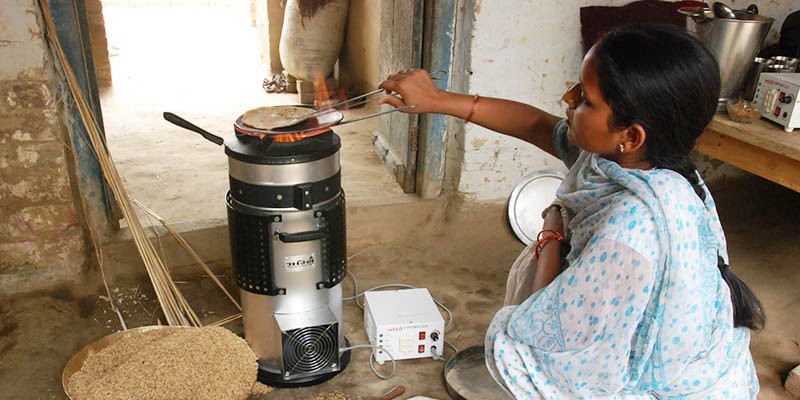Growing access to electricity is a bright spot in the sustainable development agenda.
Between 2000 and 2016, 500 million people gained access to electricity. That pace is expected to continue to 2030. That will still leave 674 million people (compared with 1.1 billion today), without access to reliable electricity, out of a global population of more than 8.5 billion.
Nearly all of them will live in sub-Saharan Africa. Reaching them will require about $31 billion in investment.
Electricity is only part of the challenge. Households with 2.3 billion people cook with dirty fuels or biomass, which have negative health and environmental effects.
Many women spend more than five hours per day collecting fuel and cooking for their households, and they and their children suffer most from the harmful effects of cooking smoke. “If we are to witness the kind of progress expected on electricity, clean cooking must be placed on a par with electricity access on the policy agenda,” states a new report from the International Energy Agency.
The IEA says the leadership and influence of local women must be tapped for the development and distribution of clean cooking technologies.
Other suggestions: tailor solutions to local needs and customs; educate people on the benefits of low-cost clean cooking technologies; emphasize versatile technologies and increase their usage; and provide subsidies when necessary to encourage their adoption.










